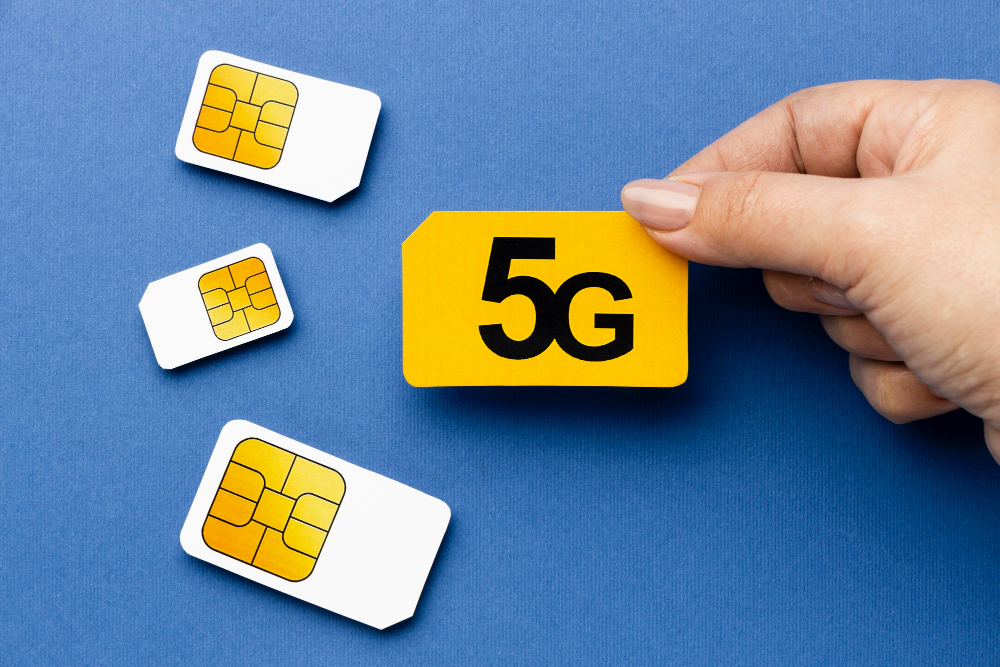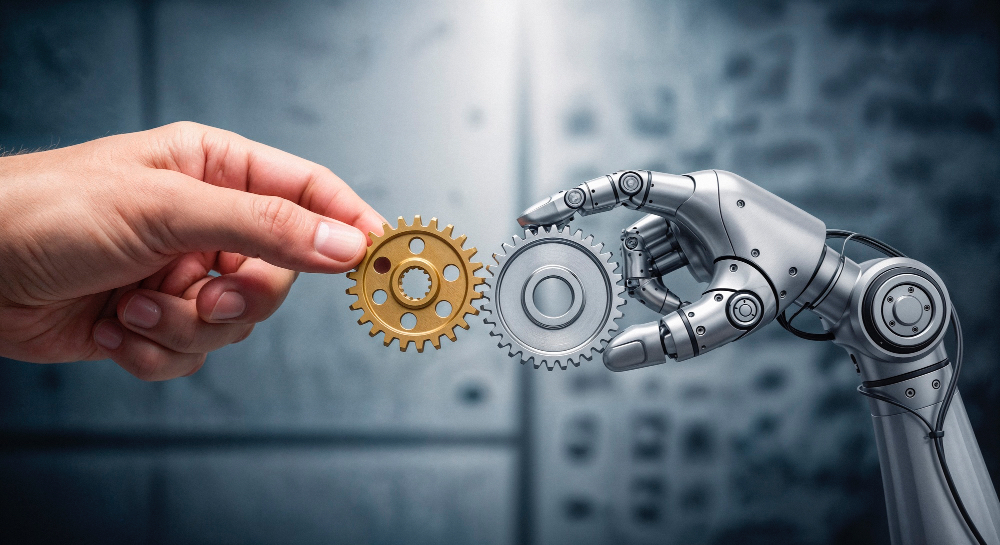Thales has successfully demonstrated a world-first capability that prepares 5G networks for the era of quantum computing. The test proved that SIM and eSIM cards can be remotely upgraded to support post-quantum cryptography, boosting security without disrupting services or user experience.
The breakthrough highlights the potential of crypto-agile networks to evolve securely as quantum threats emerge.
Replacing millions of devices is impractical, so Thales enables operators to deploy quantum-safe algorithms directly to existing devices. Remote upgrades preserve data and connectivity while instantly boosting security, keeping 5G networks resilient and trusted.
The demonstration reinforces Thales’ leadership in post-quantum cryptography, with dedicated research teams developing quantum-resistant methods and contributing to international standards, including NIST initiatives.
Operators can now protect long-term investments, secure critical services, and prepare for the next generation of quantum computing without operational disruptions.
Thales’ approach offers a practical roadmap for telecoms to adopt quantum-safe security today, ensuring continuity, trust, and resilience across mobile networks as digital threats evolve.
Would you like to learn more about AI, tech and digital diplomacy? If so, ask our Diplo chatbot!










